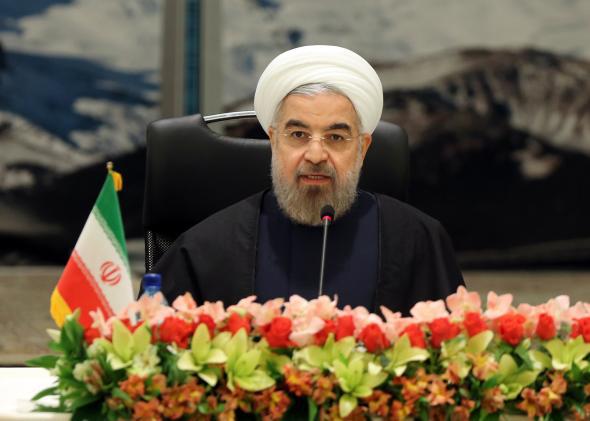The past few days have brought some worrying signs that the more conciliatory foreign policy of Hassan Rouhani’s administration does not mean the Iranian government is becoming more tolerant of dissent at home. Iran’s morality police have arrested the popular singer Amir Tataloo, whose work had not been approved by the culture ministry. In the southern city of Kerman, 16 people were arrested on charges of cooperating with Western and anti-Iranian news networks, along with seven staff from an IT-focused website in the same city who were picked up for unknown reasons.
The arrests follow reports of a dramatic rise in executions, as noted recently by human rights activist and Nobel Peace Prize laureate Shirin Ebadi. According to a United Nations report in late October, at least 82 people were executed in the weeks immediately following Rouhani’s inauguration. Washington-based NGO Freedom House describes some other recent cases:
On November 3, 2012, Sattar Beheshti, an Iranian blogger detained by the FATA (Iranian Cyber-Police) for posting criticism of the Iranian government on Facebook, was found dead in his jail cell with bruises on his body. On December 3, 2013, a Tehran court ruled government officials were not guilty of his murder. Ghiti Pourfazel, the Beheshti family lawyer, said the family had been pressed by the judiciary to accept the indictment they had issued classifying his death as “quasi-intentional,” or “involuntary homicide.
Rouhani has promised rights reforms and just last week issued a draft “citizens’ rights charter,” but opposition groups have attacked it as vague and in any case, he may have little control over groups like the Revolutionary Guard.
Rouhani’s pitch to Iranians has been that a loosening of restrictions will coincide with improving relations with the West and an easing of international sanctions. Even assuming that his intentions are entirely genuine, that may prove a bit too optimistic.
